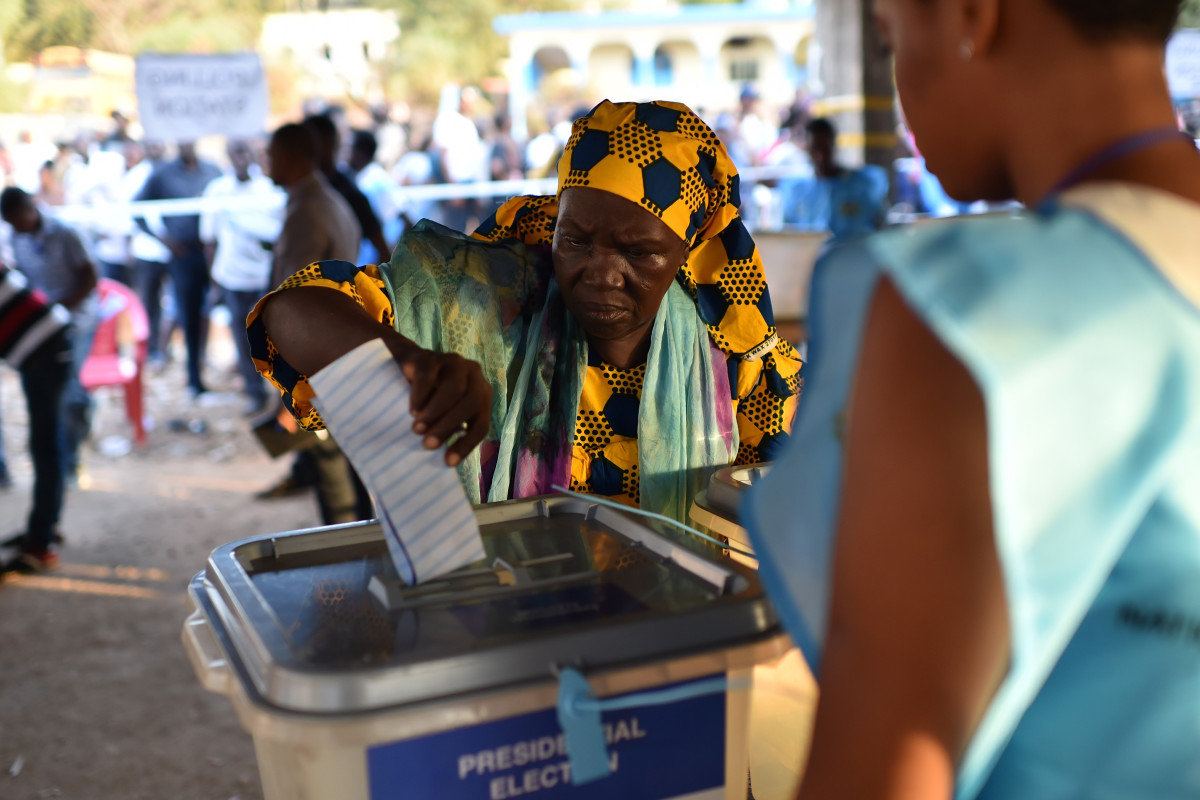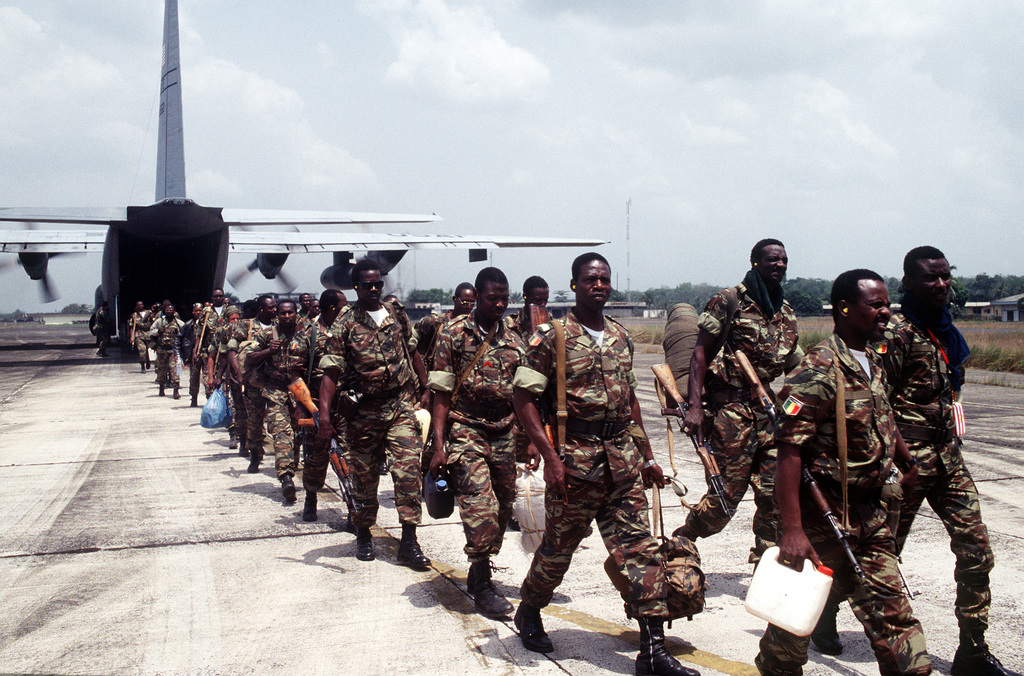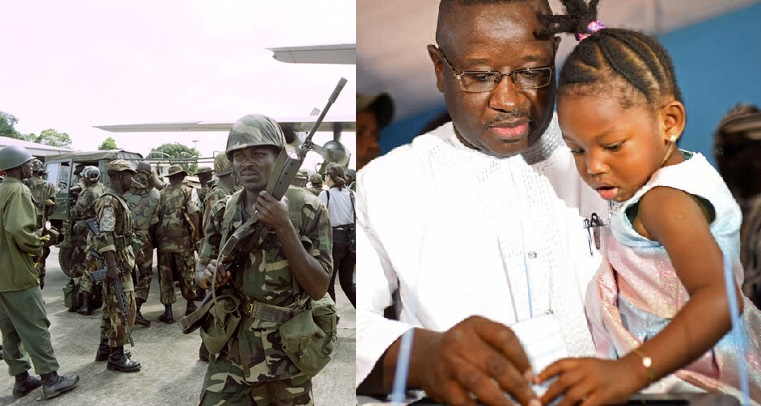The name ECOMOG was very synonymous on the lips of Sierra Leoneans in the 1990s when the country slumped into a nasty civil conflict that killed thousands of Sierra Leoneans and changed the narratives of the past for the better part of it we have seen so far. That thunderous name simply stands for Economic Community of West Africa Monitoring Group.
So, what does ECOMOG means to the peoples of West Africa it was created and what benefits it has so far earned or brought to the sub-region? Are its value still stands after the civil conflicts in Sierra Leone, Liberia and other West African Countries? These and many other questions have arisen since the end of the turbulent past that characterized some of West Africa’s past totalitarian regimes fell. ECOMOG was derived simply from ECOWAS, the trading bloc of West African leaders that meets annually to discuss matters of the sub region from trade to Peace, Democracy, Human Rights and Justice etc.
The founders and drafters were not foreseeing the future before 29th May, 1981 when ECOMOG was founded as a Military Arm of the bloc of the ECOWAS nations. But when they did on that fateful day, they came to realize that they can bring their separate armies to work together alongside the political leaders in a Military Group known as ECOMOG and there was to be a formal arrangement.

The idea became largely supported by political leaders and personnel of the Nigerian Armed Forces, with Ghana, Guinea, Sierra Leone, The Gambia, Liberia, Mali, Burkina Faso, Niger, and others forming the new bloc.
Initially, Nigeria and other ECOWAS members had agreed to a Protocol on Mutual Defense Assistance in Freetown, Sierra Leone on 29th May, 1981 for establishing an Allied Armed Forces of the Community (AAFC). Nine (9) years after the AAFC was conceived, the Anglophone ECOWAS countries finally transformed it to ECOMOG in 1990 and its first baptism of fire was its intervention in the civil war in Liberia (1989-96). “There was merit…in the argument that the establishment of ECOMOG did not conform to the constitutional legal requirements of ECOWAS”, states Nigerian scholar Adekeye Adebajo wrote in 2002.

Mali Army troops from the Economic Community Military Observation Group 13 (ECOMOG)walk off a U.S. Air Force C-130E from the 86th Airlift Wing, Ramstein Air Base, Germany at Robert’s International Airport, Liberia for a six month deployment. The troops were airliftred from Bamako/Seou Airport, Mali on U.S. military aircraft participating in Operation Assured Lift, a 17- day United States airlift and support mission assisting the West African states deploying more than 1100 troops to Liberia as part of the region’s ongoing peacekeeping force.
Actually, the body that established ECOMOG was the Standing Mediation Committee of ECOWAS at its meeting in Banjul, Gambia on 6th – 7th August 1990. Despite this was on a ‘shaky legal foundations’, as Adebajo concluded, yet the arguments used to establish ECOMOG had more solid grounds in politics than in law. It became apparently clear that the Defense Protocol’s guidelines were not followed at the time, and ECOMOG was justified largely on humanitarian grounds.
Automatically ECOMOG’s birth became welcome within Africa as a blessing; as it represented the first credible Regional Security Initiative since the Organization of African Unity (OAU)’s ‘Inter-African Force’ which was designed to intervene in Chad in 1981. The experience of the divisions of that failed Chadian example was due to several Francophone ECOWAS members that strongly opposed the deployment taught by Anglophone West African countries great lessons not to ever repeat Chad again and created ECOMOG.
Born within the international peace mission system often championed by the UN, the new born baby was soon to test its very existence in its first deployment in Liberian’s civil war, in an attempt to forcibly hold the warring factions apart. In that great time, both Ghana and Lieutenant General Arnold Quainoo made history when they became the first nation to head the force as a country and general respectively.











